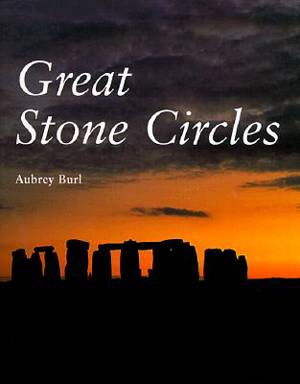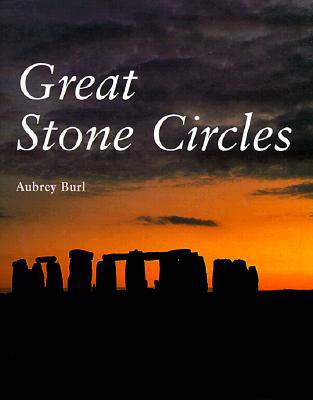
- Retrait gratuit dans votre magasin Club
- 7.000.000 titres dans notre catalogue
- Payer en toute sécurité
- Toujours un magasin près de chez vous
- Retrait gratuit dans votre magasin Club
- 7.000.000 titres dans notre catalogue
- Payer en toute sécurité
- Toujours un magasin près de chez vous
Description
Thousands of years ago, people in Britain painstakingly arranged huge blocks of stone into careful circles. The most famous of these rings is Stonehenge, but elsewhere in England there are remains of other awe-inspiring prehistoric stone circles as well. For those who are enthralled by these enigmatic rings, this book offers fascinating explanations of their many mysteries. Archaeologist Aubrey Burl, for more than thirty years a specialist in the study of stone circles, selects a dozen attractive and evocative rings to illuminate particular archaeological questions--the purpose of stone circles, their construction, age, design, distribution, art, legends, and relation to astronomy. Burl investigates the legends that surround the Rollright Stones of Oxfordshire, for example, and finds that stories of girls turning to stone and of stones going for a midnight drink in the river are mainly fables of the eighteenth century or later. At Stanton Drew near Bristol, three rings provide a vivid example of prehistoric landscaping. Burl offers sometimes surprising answers to questions about Stonehenge: how were its bluestones transported from southwest Wales, why was its Slaughter Stone not used for sacrifice, and why is Stonehenge--the most British of stone circles--not a stone circle and not British? Burl concludes by reconstructing the social history of Swinside in the Lake District, describing the builders, their way of life, and the ceremonies they performed inside their lovely ring.
Spécifications
Parties prenantes
- Auteur(s) :
- Editeur:
Contenu
- Nombre de pages :
- 208
- Langue:
- Anglais
Caractéristiques
- EAN:
- 9780300076899
- Date de parution :
- 10-04-99
- Format:
- Livre relié
- Format numérique:
- Genaaid
- Dimensions :
- 247 mm x 282 mm
- Poids :
- 1233 g







